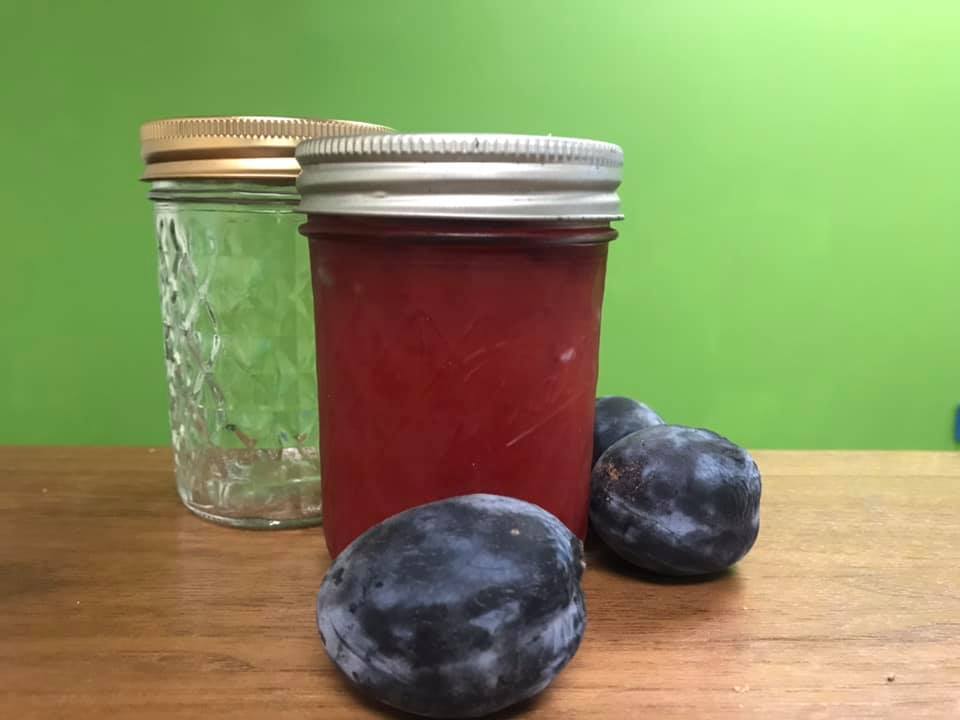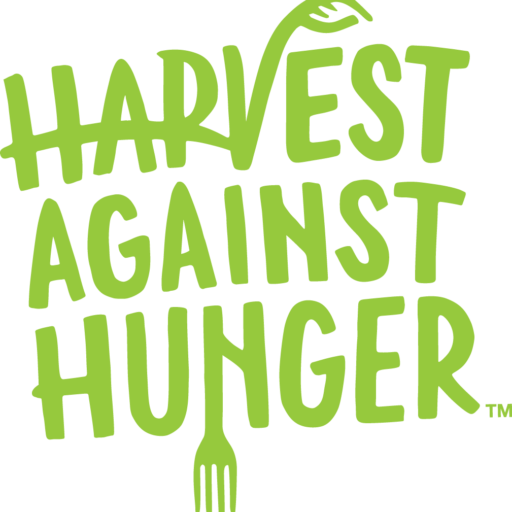How Can We Help?

Written by Jordyn Egbert, Fundraising and Development Specialist VISTA
In order to utilize Seattle’s fruit trees to their best and fullest use, City Fruit harvests both quality, market ready fruit, and bruised, windfallen, and pest damaged fruit. City Fruit partners with meal programs, cider companies, and bakeries, who can process damaged fruit into cider, desserts, and other foods. Without distribution partners to process the windfallen, bruised, and pest damaged fruit it would be composted. City Fruit established partnerships with several organizations and businesses to ensure the fruit does not go to waste. City Fruit partners with meal programs, such as FareStart who cook windfallen, bruised, or pest damaged apples into applesauce, which is distributed to shelters, schools, and day care centers. In 2021, City Fruit provided 3,000 pounds of apples to FareStart, which produced roughly 11,000 (4 oz) servings of applesauce. Additionally, City Fruit partners with local cider companies who process the fruit into cider, and bakeries who use the fruit to create pies and other pastries. By finding distribution partners who can process fruit in all conditions, City Fruit is able to further reduce food waste and support the Seattle community.
City Fruit also processes this fruit into jams and baked goods with the support of volunteer bakers and jam makers. City Fruit partners with organizations such as the Phinney Neighborhood Association to use their commercial kitchen, providing a space for City Fruit to host jam making workshops. During the peak harvest season, when Seattle is inundated with Italian Plums, the food banks often reach their cold storage capacity. With the support of volunteers, City Fruit halves and freezes the plums to be used in jams and baked goods. City Fruit freezes the plums in the freezer in their office. City Fruit is working to increase their capacity to process fruit into jams and other foods, in order to preserve the shelf life of fruit and provide more culturally relevant foods to their food bank partners.


